Ford CEO calls out America’s love for ‘monster vehicles’ with smaller $30,000 EV coming
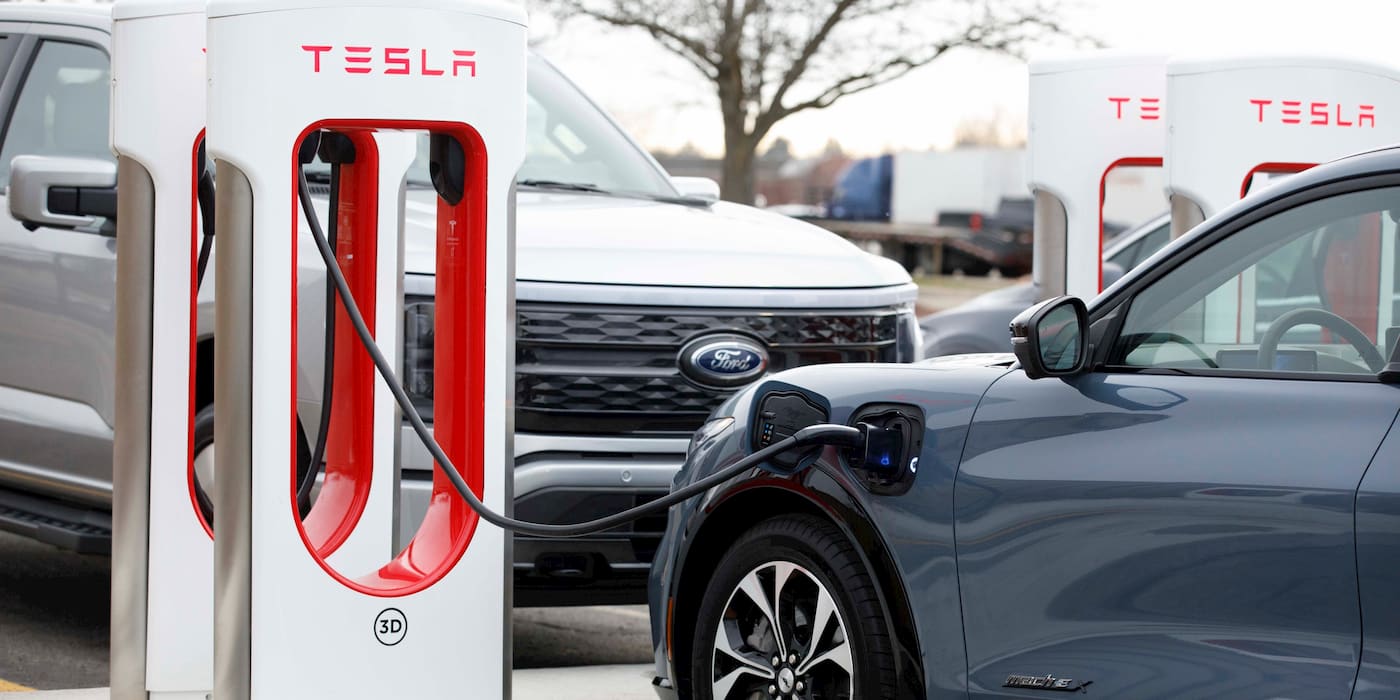
As the leader of the over 120-year-old automaker, Ford CEO Jim Farley has an essential job of steering it into the future. Farley said smaller EVs, which Ford is shifting toward, are “super important for our society.” Meanwhile, Farley addressed the love for larger, “monster vehicles” in the US.
Although Ford is known for its big, heavy trucks and SUVs, its future may be much lighter. Ford’s CEO confirmed that the automaker needs a “radical change” as it focuses on smaller, more profitable EVs.
“We are just in love with these monster vehicles,” Ford’s CEO said at the Aspen Ideas Festival Friday. And although Farley agreed, “I love them too,” he acknowledged they are a major issue due to their weight.
Ford’s CEO added, “We have to start to get back in love with smaller vehicles. It’s super important for our society and for EV adoption.”
After Farley revealed earlier this year that the company had been secretly working on a new EV platform for smaller, low-cost EVs, Ford is doubling down.
Ford is expected to launch an electric car for around $30,000 in 2027. According to Farley, it will be profitable.
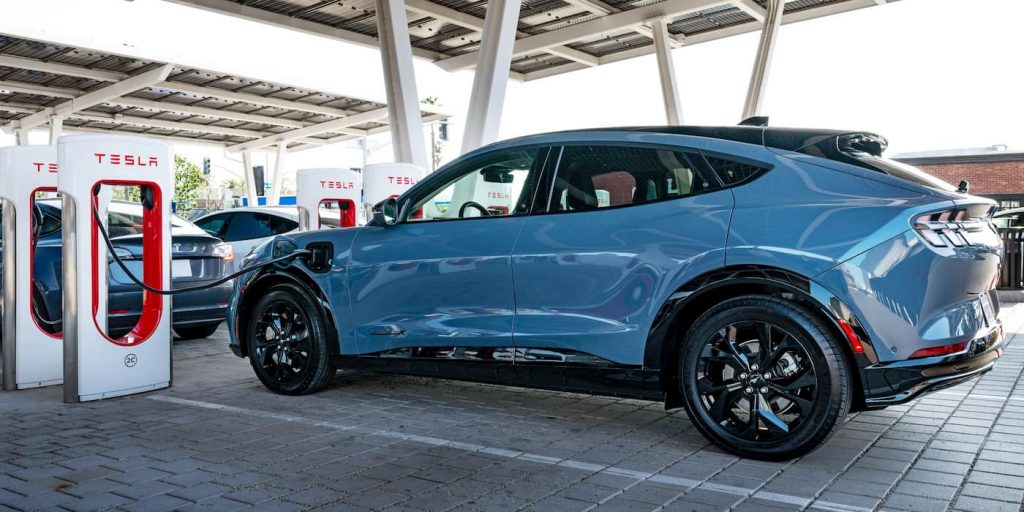



Ford is shifting away from monster vehicles with EVs
Although Farley didn’t reveal any new details, Ford is building a team with “some of the best EV engineers” to make the vehicle come to life. Ford has recruited former Tesla, Rivian, Apple, and Lucid engineers to develop the platform.
In an interview with CNBC, Farley said to get to a profitable EV, you have to make a “radical change.”
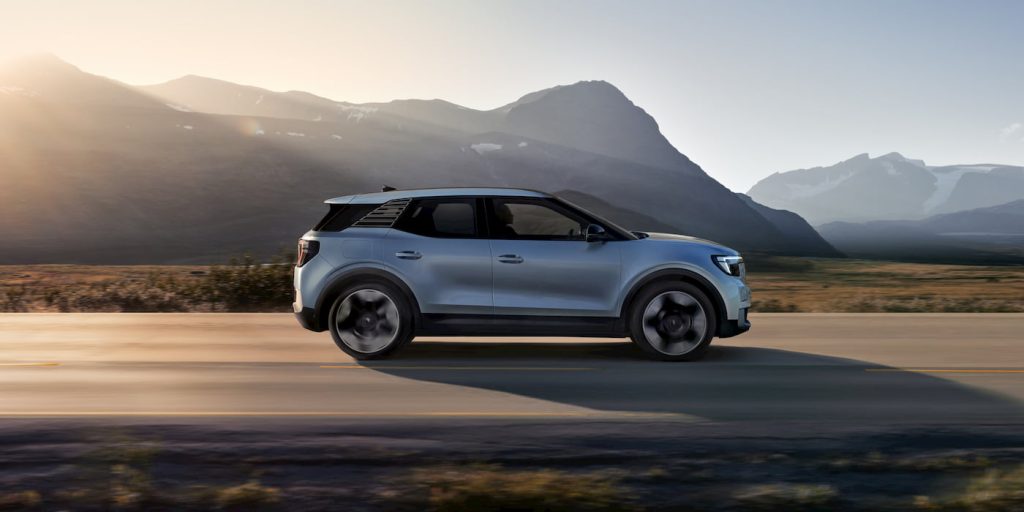



That change from Ford comes as it delayed plans for a larger three-row electric SUV to focus on smaller EVs that can turn a profit. Ford is also pushing back its next-gen EV pickup, the “T3,” until 2026.
Farley explained that “big, enormous EVs” are never going to make money. “The battery alone is $50,000,” he said, referring to larger-duty vehicles like Ford’s Super Duty models, which would need massive battery packs to enable +500 smile range.
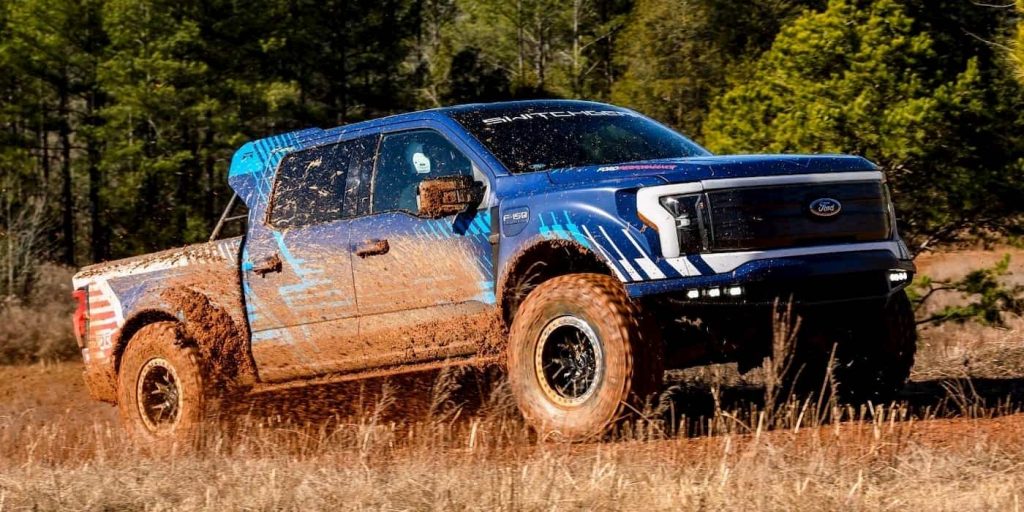



Ford must build EVs profitably in the next five years as leading Chinese automakers like BYD expand into new global markets.
Farley explained that Ford already has competition that make money on EVs, are expanding globally, and building their supply chains.
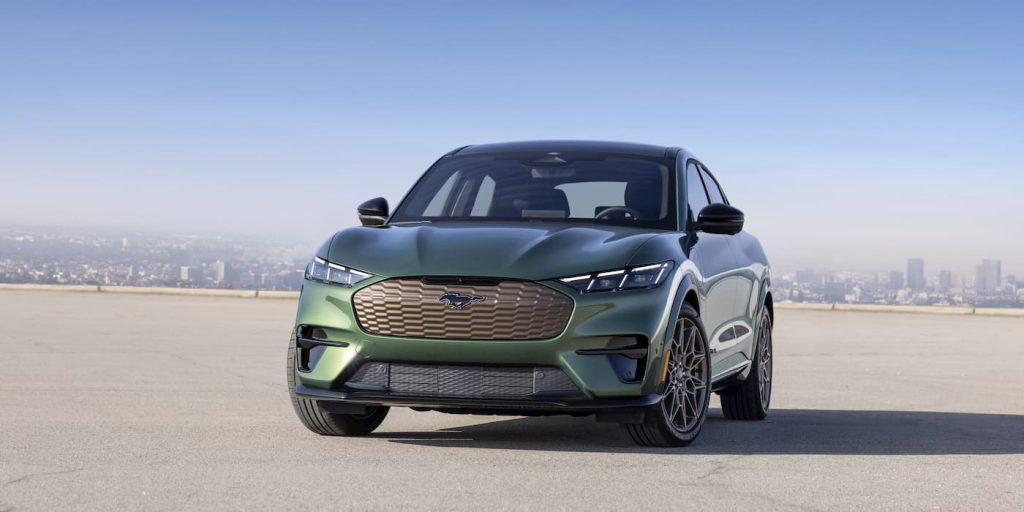



“And if we don’t make profitable EVs in the next five years, what is the future? We will just shrink into North America.”
Ford lost $132,000 on every EV sold in the first three months of the year, but Farley is confident Ford’s next-gen models will be profitable.
Electrek’s Take
Although Ford has historically made the most money from “monster vehicles,” like larger trucks and SUVs, Farley is right. It will shrink if Ford fails to keep up in the global EV race.
About 98% of Ford’s profits come from the US, but what will happen when lower-cost, more advanced EVs from foreign automakers hit the US market? We are already seeing overseas rivals like Hyundai and Kia gaining market share in the US.
Kia and Hyundai are launching smaller, more affordable EVs in global markets. Kia’s EV3 has already secured over 10,000 reservations in Korea, starting at $30,700 (KRW 42.08 million).
Most others are at this point, too. Volvo’s $35,000 EX30 is hitting new global markets (although it’s delayed again in the US). GM says the $35,000 Chevy Equinox EV model will be available to order later this year.
Will Ford find its market? That’s what Farley hopes for by doubling down on smaller, more affordable EVs now.




